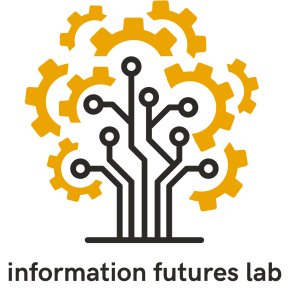Slowing the Spread
Developing, Evaluating, and Scaling Technique-based Approaches to Reduce Misinformation Sharing

More than half of the global population use social media regularly. Unfortunately, in recent years, social media has been used to spread false or misleading information, with the vast majority of people unintentionally spreading misinformation.
Recent studies have found that pro-actively educating social media users can effectively change behavior. Stanford's Golub Capital Social Impact Lab conducted a field experiment testing several different versions of a text message course developed by Brown University's Information Futures Lab (IFL) in 2022. The study found several interventions to be especially effective. For example, one intervention teaches users about commonly encountered emotional manipulation techniques, such as techniques where social media posts incite fear or outrage, and strategies to counter those techniques.
Working in continued partnership, our team will next explore the behavioral mechanisms driving emotional sharing behavior by comparing the effectiveness of alternative educational text message courses.
We aim to identify at least one highly effective intervention to recommend to organizations or government agencies interested in empowering their social media users. Organizations and agencies considering the implementation of such interventions are typically concerned about their real-world effectiveness on social media platforms. While there is evidence that social media users report a change in behavior in surveys after taking IFL text message courses, we will provide new evidence on whether educating users about online manipulation techniques also changes their real-world social media behavior. We will also assess the efficacy of several other educational interventions that have been proposed in the literature, including the Bad News! Game and the Inoculation Science videos.
After identifying one or more highly effective educational interventions, we will make the selected intervention available for free to the public online and market it to reach as many social media users as possible. In addition, we will collaborate with organizations or agencies to develop and distribute custom versions of the intervention to educate their social media users.

Founding Director , Golub Capital Social Impact Lab

Research Director , Golub Capital Social Impact Lab

Co-Director , Information Futures Lab


